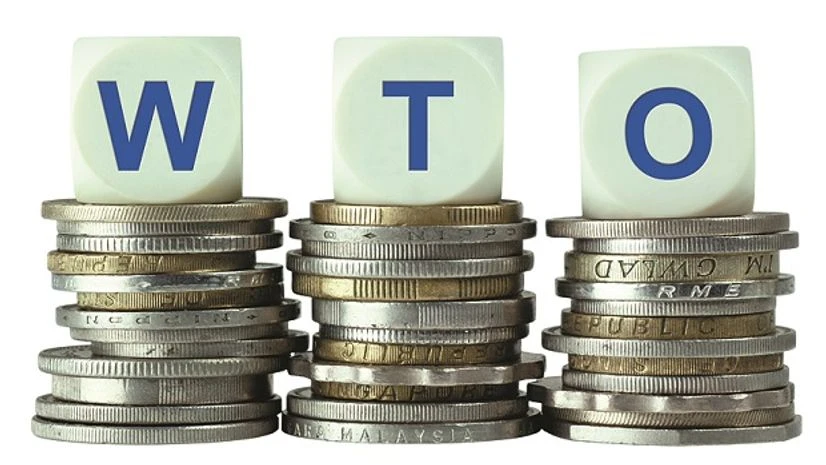India will continue to oppose talks on a proposed investment facilitation agreement at the World Trade Organization (WTO), senior government sources say.
A demand to put the topic on the official agenda for the December ministerial conference in Argentina was opposed by India earlier this week. The government feels allowing such a discussion at WTO would be akin to handing over policy space to decide on things such as the foreign direct investment norms and arbitration clauses.
“Things like investment facilitation and arbitration are bilateral and should remain so,” a senior official said, under condition of anonymity. To bring anything like this on the table should require the unanimous support of members, he added.
With the December meet coming nearer, negotiations are heating up on the topics to be discussed. Once the official agenda is framed, nations are bound by WTO norms to discuss those and not introduce newer ones.
“With only seven months left, we don’t have enough time or capital to deal with another issue. Instead, the issue of food stockpiling, which has a deadline till December, should be focused on. A lot of work remains to be done,” the official added.
Also Read
Last week, a total of five proposals on the subject of investment facilitation was placed before the WTO’s General Council, its highest decision-making body, for addition to the official agenda. The countries asking for this are Argentina, Brazil, China, Pakistan, Russia and a grouping of Mexico, Indonesia, South Korea, Turkey and Australia.
India, supported by Uganda, Ecuador, Bolivia and some other countries, asked General Council chair Xavier Carim to take it off the agenda. Thereafter, informal discussions on the issue had started.
While the scope of each of these proposals vary, they are loosely based on the G20 Leaders’ communique on investment, announced in 2016 at the Hangzhou Summit, senior government sources from one of these nations told Business Standard. The document itself pushes for ‘global investment policy making’ and rejects ‘protectionism on trade and investment in all forms’. “India’s stance is being seen as a form of protectionism,” one of them added.
The Government of India has challenged the legality of such a discussion, citing legal precedents such as the Marrakech agreement of 1994. The Doha Work Programme from 2004 has also given the issue a miss, it has said.
A multilateral agreement on investment will severely hinder the right to regulate investment in strategic sectors like defence and power, another official added.
A similar draft on investment facilitation, proposed by Germany at a G20 technical experts meeting in Berlin earlier this month, was opposed by India along with the delegations of America and South Africa, he added.
India’s push for a proposal on trade facilitation in services has met with some resistance from other nations.
The government has hinted that it is willing to take ‘genuine concerns’ on board. While African nations have suggested the proposal is too broad for a meaningful discussion, traditional rivals on the issue like America, the European Union, Canada and Australia have expressed sharp concern.

)
